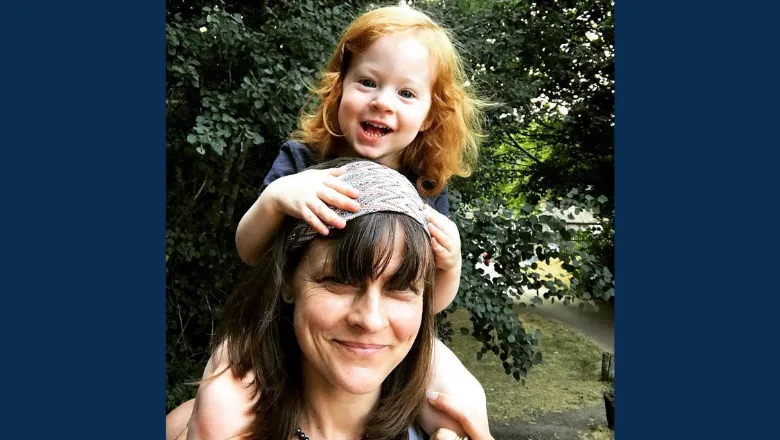30 April 2019
5 mins with… Margreet Lüchtenborg
Dr Margreet Lüchtenborg is a Lecturer in Cancer Epidemiology who joined King’s in 2007. Since 2013, she also holds a position with the National Cancer Registration and Analysis Service at Public Health England where she leads on lung cancer and molecular diagnostic data analyses.

Briefly, tell me about your background and career up to this point
It was my Masters in Biomedical Sciences that sparked my interest in cancer. As part of that degree, I came to London for a lab internship looking for micrometastases in bone marrow samples of women with breast cancer. Taking a step or two away from the lab, I pursued a PhD in molecular cancer epidemiology, during which time I studied the associations between genetic alterations in colorectal cancer on the one hand and dietary factors and smoking on the other.
Whilst I was taking a short break from finishing up my thesis and enjoying a glorious day skiing in Davos, I hit a chunk of ice and shattered my leg. As luck would have it, the delay in my recovery led me to set off for a post-doc in Honolulu instead of the one planned for IARC in Lyon. After two years of continuing my research along similar lines to my PhD, I swapped the stunning mountains and magnificent ocean of Hawai’i for the cultural richness of London. I was only too glad to also switch from nutritional epidemiology to clinical epidemiology and enjoyed guiding a PhD student through the analyses on the effect of contralateral cancer on the survival of the breast cancer cohort at Guy’s.
Three years on, I joined the cancer registry, and with the increasing wealth of different datasets being linked to the registry data, my love for the data and the potential it offers has grown exponentially. From assessing variation in access to treatment to international comparisons of the impact of comorbidity on lung cancer survival, forays into cancer patient experience, prison cancer care and molecular diagnostic testing, I feel there is still so much more to explore…
What research are you currently working on?
One of the most exciting pieces of work I am involved in, is probably where we look at how cancer care is best provided to people in prisons. It allows me a peek into a fascinatingly different world, which I had previously been more or less oblivious to. And yes, I have watched Orange is the New Black.
What is a typical day like for you?
Thank goodness there is no such thing as a typical day.
Where is your research area heading in the next five years?
We are at the very start of being able to analyse recent molecular diagnostic data for nearly all cancer patients being tested in England, which undoubtedly will lead to a lot of exciting and insightful research.
What would you like members of our School to most know about you and your research area?
Cancer registry data is becoming richer year on year. And although clinical trials rightfully remain the gold standard for assessing treatment efficacy, I am passionate about assessing how those treatments perform in the community.
What is your favourite part of your current role?
Working with people that inspire the work that we do and who inspire me personally.
What do you do with your time outside of academia?
Most of that time is spent enjoying my young children. In what little time is left, I read books and practice yoga.
What advice would you give to your 18-year-old self?
Don’t be afraid to fail, you can achieve so much more than you think. Otherwise, I think you already understand how much life is going to teach and enrich you, even when you do not yet know that the paragraph you are writing in your school yearbook about your future self will prove to be remarkably accurate.
Who do you look up to (inside or outside of academia)?
I find inspiration in so many people from all walks of life.
Any leaving remarks that you would like other members of our school to know about you?
I can tell you how little onions get sorted, pickled and packed behind glass before they end up on your supermarket shelves. However, brief a time I spent on the assembly line, I have never felt time slow down as much as there and it was the best impetus to study hard and avoid having to live typical days.
QUICK-FIRE:
Favourite Movie: La Meglio Gioventù, a 6 hour and 40 minutes (!) epic Italian family saga
Favourite Book: The God of Small Things by Arundhati Roy; I also admire the brilliant children’s books by Ed Vere
Favourite TV Show: If it was not for my family, I would happily live without TV
Favourite Scientist: Martijn Katan

